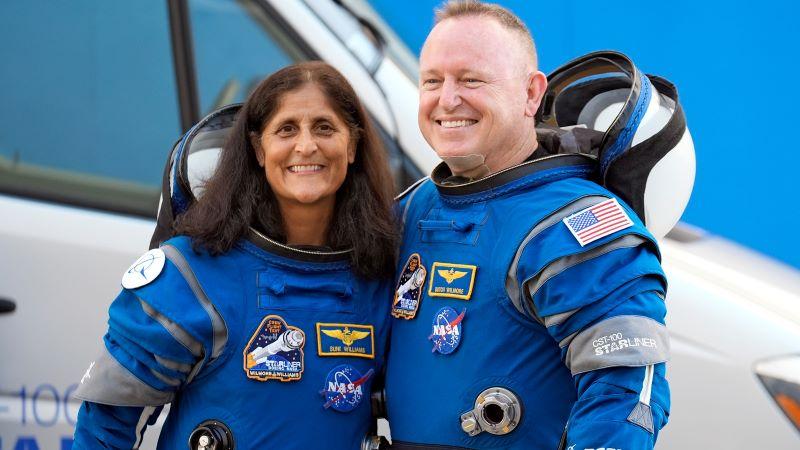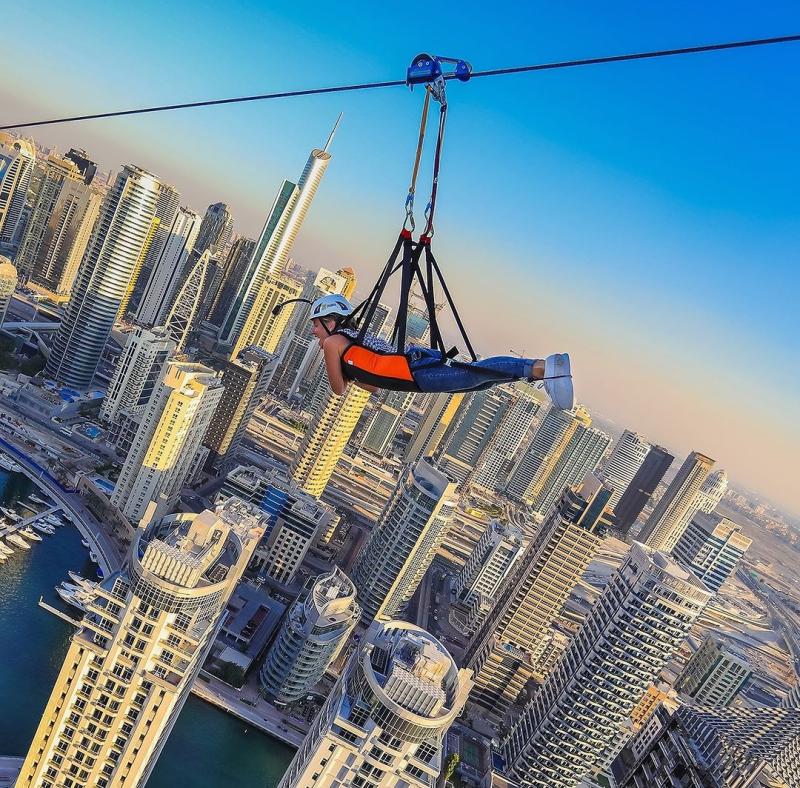
- devara
- 19 Mar 2025 12:05 AM
- #Science #Sunita Williams #NASA astronauts #ISS mission #space health risks #astronaut rehabilitation
NASA astronauts Sunita Williams and Barry "Butch" Wilmore have returned safely to Earth after spending over nine months aboard the International Space Station (ISS). Their mission, originally scheduled for just eight days, extended unexpectedly due to technical issues, subjecting them to prolonged exposure to microgravity and other space-related conditions. The Crew-9 capsule successfully splashed down near the coast of Florida, USA, concluding their extended stay. The mission, which began on June 5, 2024, encountered delays that prolonged their time in space significantly. While NASA astronauts undergo rigorous physical and mental training to prepare for such missions, extended exposure to space conditions can still present serious challenges and long-term effects.
Prolonged exposure to microgravity causes significant changes in the body, particularly affecting muscles and bones. Gravity on Earth provides constant resistance that helps maintain muscle strength and bone density. In space, this resistance is absent, causing muscles to weaken and bones to deteriorate. Studies indicate that astronauts may lose about 1% of their bone mass per month, especially in the spine, hips, and femur. Such loss significantly increases the risk of fractures when they return to Earth. To mitigate this, astronauts follow a strict exercise regime on the ISS, including resistance training and cardiovascular workouts to maintain their strength and bone health. In addition to bone and muscle loss, astronauts often experience temporary height gain. In microgravity, the spine elongates, making astronauts appear taller by about two inches. However, this height increase vanishes upon returning to Earth, frequently accompanied by back pain as the spine adjusts.
Astronauts’ feet are also affected by microgravity. Since they float instead of walking, the soles of their feet experience minimal friction. Over time, protective calluses soften, and the skin peels off, resembling the texture of a baby’s feet. To recover, astronauts undergo rehabilitation that includes walking barefoot on textured surfaces, foot massages to alleviate discomfort, and muscle-strengthening exercises to restore their feet’s condition. Space travel also impacts the cardiovascular system. On Earth, gravity keeps bodily fluids like blood, lymph, and water evenly distributed. In microgravity, however, these fluids shift toward the upper body, causing facial puffiness and nasal congestion. Simultaneously, the lower body loses fluids, making astronauts’ legs appear thinner and weaker — a condition commonly referred to as "puffy-head bird-legs syndrome." Upon their return, astronauts are prescribed endurance exercises and lower-body strength training to improve blood flow and restore their body’s natural balance.
Microgravity also affects the heart’s structure. Studies have shown that astronauts’ hearts become roughly 9.4% more spherical in space due to reduced strain on the cardiovascular system. Although this change is generally temporary and not life-threatening, it can reduce the heart's pumping efficiency, potentially increasing cardiovascular risks. Rehabilitation upon return typically restores the heart’s normal function. One of the most serious risks astronauts face during extended space missions is exposure to cosmic radiation. Unlike Earth, where the atmosphere provides protection, astronauts are exposed to significant radiation levels. During her nine-month stay, Sunita Williams would have endured radiation exposure equivalent to approximately 270 chest X-rays. Prolonged exposure to such radiation can weaken the immune system, damage tissues, and elevate the risk of developing cancer and other long-term health issues.
Recovery from radiation exposure can take years, and in some cases, astronauts may never fully regain their pre-mission bone density. This increases their risk of developing osteoporosis and fractures in later life. Mental health is another major concern for astronauts on long-duration missions. The ISS environment is vastly different from life on Earth. The station orbits Earth every 90 minutes, causing astronauts to witness 16 sunrises and sunsets per day. This irregular light cycle disrupts their circadian rhythm, affecting sleep patterns. Additionally, prolonged isolation and confinement in the limited space of the ISS can contribute to feelings of anxiety, depression, and emotional fatigue.
Despite these challenges, astronauts demonstrate remarkable mental resilience. Their extensive training, strong discipline, and unwavering focus help them maintain stability during long missions. For instance, Soviet cosmonaut Valeri Polyakov holds the record for the longest continuous space mission, spending approximately 437 days aboard the space station Mir. Upon returning to Earth, Polyakov insisted on walking unassisted to prove that humans could endure and function effectively even after prolonged space travel — a significant statement for future Mars mission planning. Sunita Williams and Barry Wilmore’s mission stands as yet another example of the extraordinary dedication and strength demonstrated by astronauts. Their unexpected nine-month stay highlighted the physical and mental challenges of extended space travel, while their successful return reflects the resilience and determination required to overcome them. As space exploration continues to evolve, missions like these offer valuable insights into the risks astronauts face and the strategies required to ensure their long-term health and well-being.












































